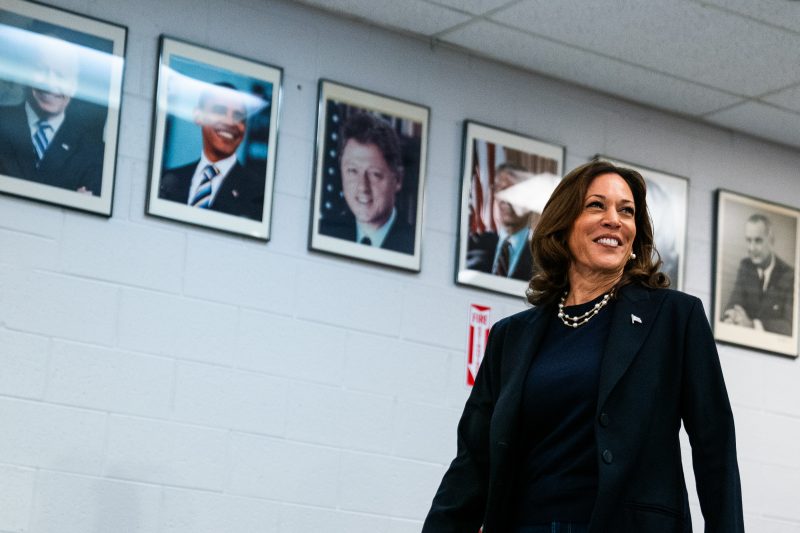In the world of politics and beyond, the effects of sexism can be profoundly damaging. It not only marginalizes individuals but also perpetuates harmful stereotypes and attitudes. Today, we see this issue manifest in the career of Kamala Harris, the first female Vice President of the United States. As she seeks to make history in her role, she often finds herself facing a familiar obstacle – sexism.
From the beginning of her political career to her historic election as Vice President, Harris has been met with various instances of gender-based discrimination. Despite her impressive accomplishments and qualifications, she has been subject to intense scrutiny that often targets her gender rather than her policies and decisions. This challenges the notion of progress towards equality and highlights the persistent barriers that women face in leadership positions.
Harris’s battle against sexism is not just a personal struggle but a reflection of broader societal norms and power dynamics. The unequal treatment she receives reinforces the notion that women in positions of power are constantly under a different set of standards and expectations. This unfair treatment not only undermines her authority but also sends a harmful message to young girls and aspiring female leaders.
Moreover, the impact of sexism in politics goes beyond individual experiences. It affects the overall representation of women in government, influencing the diversity of perspectives and approaches in decision-making processes. When women are subjected to discrimination and bias, it hinders their ability to contribute effectively and diminishes the potential for positive change that a diverse leadership team can bring.
Despite these challenges, Harris remains steadfast in her commitment to breaking barriers and empowering women. Through her actions and resilience, she serves as a role model for countless individuals who dream of a more inclusive and equitable society. By speaking out against sexism and advocating for gender equality, she continues to pave the way for future generations of women leaders.
In conclusion, the battle against sexism in politics is far from over, as evidenced by the experiences of Vice President Kamala Harris. Her journey highlights the importance of addressing gender-based discrimination and creating a more inclusive and respectful environment for all individuals. By challenging stereotypes, advocating for equal treatment, and supporting diverse leadership, we can work towards a more equitable future where sexism no longer poses a barrier to success.



























